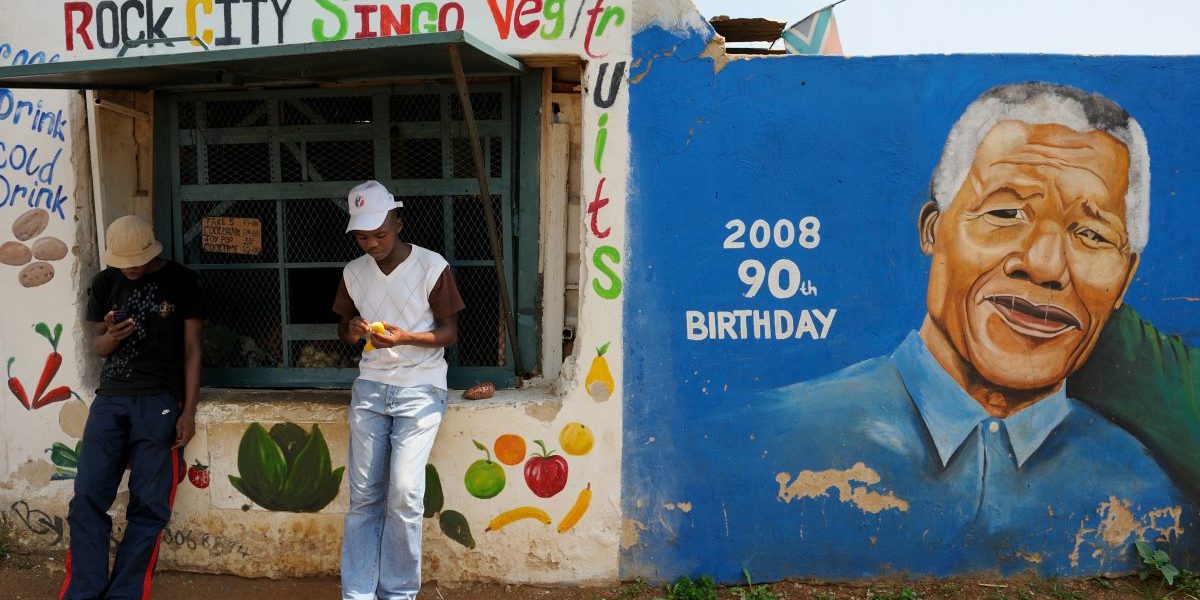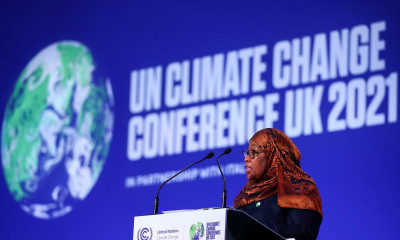All those years of blood, sweat, tears and sleepless nights have paid off. When your family members hear of this news, they share in your joy. Finally, you will be graduating and stepping out into the real world to get a job and achieve your dreams.
Fast-forward to two years later. It is 2019 and the unemployment rate for those aged between 15 and 34 is 38.2% or in simple terms, one in three. You fall into this unemployment category. You hopelessly continue to search for a job by looking in newspaper articles, going on social media, sending countless emails, and you still receive no notification. You were told when you first started university that getting a degree will propel you into the real world, but once you got that degree, the jobs started fading, and so did your hopes for the future.
This is sadly the reality for many South African young people, including myself. South Africa’s unemployment rate is notoriously highest among young people. Youth unemployment has reached epic proportions and posed great limitations to access to decent work, to full and productive employment. Even more worrying is the significantly higher rates of unemployment for young women which hampers the nation’s strides towards gender equality.
There are numerous reasons behind this epidemic. Among the reasons provided is the disconnect between the skills distribution in our society and the skills distribution that our economy needs, a scarcity of jobs, few resources to access and pursue existing job opportunities and a lack of effective policy to improve youth employment.
Progress is being made and although it’s not where we need it to be, we can build on it. With the dawn of democracy, access to higher education has improved, with the number of graduates from public universities more than doubling from 92 874 in 2000 to 203 076 in 2016, yet there are many graduates like myself who are sitting at home with degrees and not able to get the chance to prove ourselves.
Despite the various challenges and barriers young people face, all hope is not lost. South Africa is at a crucial point in history which will determine the success or failure of our nation to direct the nation’s youth potential. We are caught in a process where unemployment, poor education and poverty are reinforcing one another. The role that government can play is multi-fold.
Government, typically a large-scale employer, can set the tone for youth-focused hiring and employment. More broadly, it can create policy frameworks that actively encourage inclusive hiring. Incentives that directly address the cost and risk of hiring young people and are easily accessible by employers can be a powerful tool. Lastly, government can fulfill an important coordination function by bringing together relevant stakeholders to direct activity towards the shared goal of lowering youth unemployment.
We as young people are in a unique position to use innovation and technology to disrupt, to recalibrate, to upend, to challenge inequalities, and be the force that transforms processes and create gender equal societies. We remain resilient and willing to put in the work and we ask that the government meets us halfway. The youth protests of 1976 remind us of the role that brave and courageous young people can play in overcoming the inequality through their resistance of apartheid oppression. We, as the youth definitely believe in ourselves, the question is whether, society has the capacity to believe in us too.







